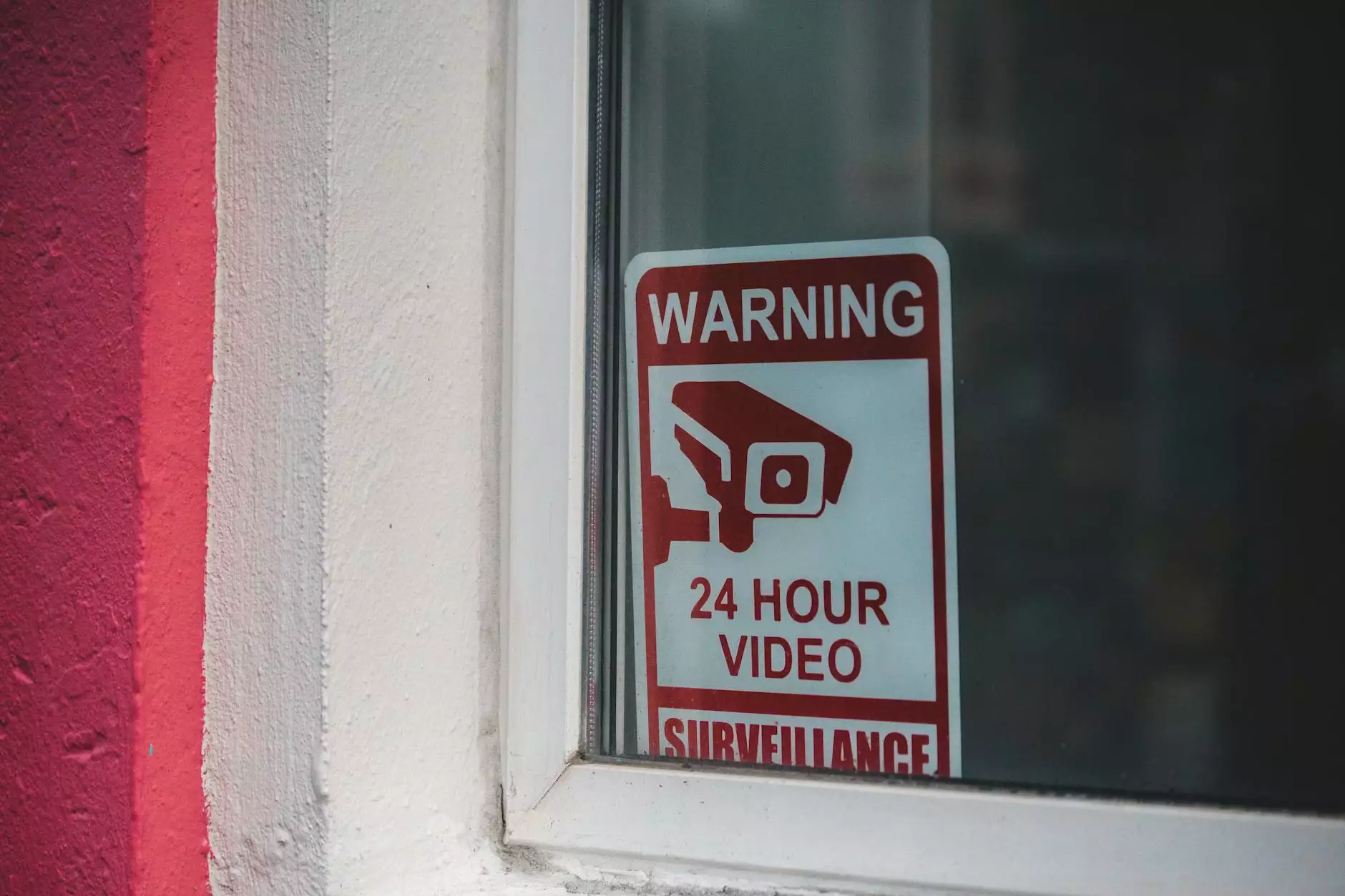EPA ENFORCEMENT ALERT: Emergency and Non-Emergency Stationary Sources are the Focus of EPA

Introduction to EPA Enforcement Alert
Welcome to Richardson Law Firm PC, your trusted partner in dealing with environmental law and regulations. In this EPA enforcement alert, we bring you vital information regarding emergency and non-emergency stationary sources and their implications. Stay informed to ensure compliance and protect your business interests.
The Importance of Environmental Compliance
Environmental compliance is a critical aspect of running a successful business in today's world. Non-compliance with EPA regulations can result in hefty fines, legal disputes, and damage to your reputation. It is crucial to stay updated with the latest EPA enforcement alerts to mitigate any potential risks.
EPA Enforcement Alert: Emergency and Non-Emergency Stationary Sources
The EPA enforcement alert currently focuses on emergency and non-emergency stationary sources. Stationary sources include industrial facilities, power plants, manufacturing units, refineries, or any facility that emits pollutants into the air, water, or soil.
Understanding Emergency Stationary Sources
Emergency stationary sources refer to facilities that operate during unplanned events or equipment failures. These events may pose an immediate threat to human health, public safety, or the environment. The EPA has specific regulations and criteria that govern emergency response, reporting, and mitigation measures.
Non-Emergency Stationary Sources and Regulatory Compliance
Non-emergency stationary sources include facilities operating under normal circumstances. These sources are also subject to EPA regulations and must comply with prescribed emission limits, reporting requirements, and environmental impact assessments. It is essential for businesses to ensure ongoing monitoring, compliance, and reporting to minimize environmental risks.
Key Takeaways and Implications for Businesses
The EPA enforcement alert emphasizes the importance of prompt reporting, proactive monitoring, and adherence to regulations for both emergency and non-emergency stationary sources. Businesses must be vigilant and take necessary steps to identify potential compliance issues, implement corrective measures, and stay ahead of regulatory changes.
Consult Richardson Law Firm PC for Expert Guidance
When it comes to environmental law, partnering with an experienced legal firm is crucial. Richardson Law Firm PC has been at the forefront of helping businesses navigate complex environmental regulations for years. Our team of expert attorneys specializes in EPA compliance, enforcement actions, and environmental litigation.
Why Choose Richardson Law Firm PC?
- Extensive experience in environmental law and regulations.
- In-depth knowledge of EPA policies and enforcement practices.
- Proven track record in successfully representing clients in environmental litigation.
- Comprehensive understanding of emergency and non-emergency stationary sources.
- Tailored solutions to meet the specific needs of your business.
Contact Richardson Law Firm PC Today
Don't let EPA enforcement actions or compliance challenges hinder your business growth. Contact Richardson Law Firm PC today to schedule a consultation with our experienced team of environmental attorneys. We're here to provide sound legal advice, personalized strategies, and unwavering support to protect your interests and ensure environmental compliance.
Conclusion
In the realm of environmental law, staying ahead of changing regulations is essential. The EPA enforcement alert regarding emergency and non-emergency stationary sources highlights the importance of compliance and the potential consequences of non-compliance. Trust Richardson Law Firm PC to guide you through complex environmental legal matters and safeguard your business in today's rapidly evolving regulatory landscape.










